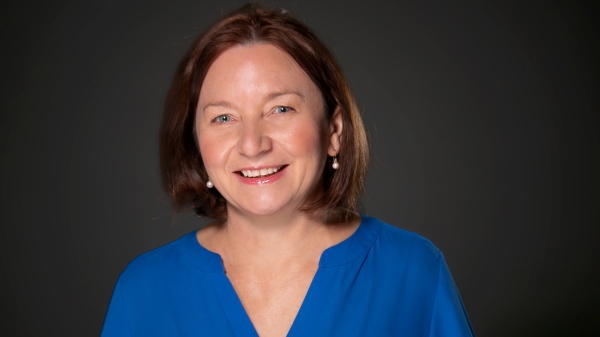The Center for Child Well-Being combines the knowledge, expertise and resources of a large public research university with the operational capacity of state, community and national agencies working to serve vulnerable families and to advance solutions that would otherwise be unattainable.
Research and Evaluation
Faculty researchers and students support, sustain and improve community-based public services to children and families. Our Research and Evaluation Team provides greater responsiveness to the area of child well-being through data-driven and evidence-informed decision-making. We identify emerging best practices and provide an evaluation focused on system improvement.
Child Welfare Education Program
Our Child Welfare Education Program (CWEP) is a collaborative effort of the Arizona State University School of Social Work and the Arizona Department of Child Safety (DCS). CWEP offers social work students interested in the field of child welfare social work paid tuition packages, practicum placements and a specialized curriculum. The mission of the program is to prepare social work students to empower families and promote the safety, permanency and well-being of the children involved in Arizona's public child welfare system.
Children of Incarcerated Parents National Conference
Each spring, the ASU Center for Child Well-Being hosts the National Children of Incarcerated Parents Conference, not only to further awareness of the impact of incarceration on children and families, but also to increase community capacity to respond in helpful and healing ways. We started the conference because of the general lack of awareness of the almost 3 million children who currently have a parent incarcerated and the 10 million who have experienced parental incarceration at some point during their childhood.
The conference draws awareness to the voices and work of children/youth, families and communities whose lives have been impacted by mass incarceration. The three conference tracks focus on informing best practices when partnering with and supporting those with lived experience to co-create and lead, engage in systems transformation and accountability and build community engagement and collaboration.
Title IV-E Listserv
Would you like to connect with a national child welfare community that is approximately 500 members strong? Join the Title IV-E listserv. The listserv is commonly used to ask questions, advertise conferences and research opportunities and post job announcements. The ASU CCWB hosts of the listserv. Membership is open to Title IV-E educational partners and state plan administrators. Requests to join should be sent to [email protected] – name and email is all that is required.

